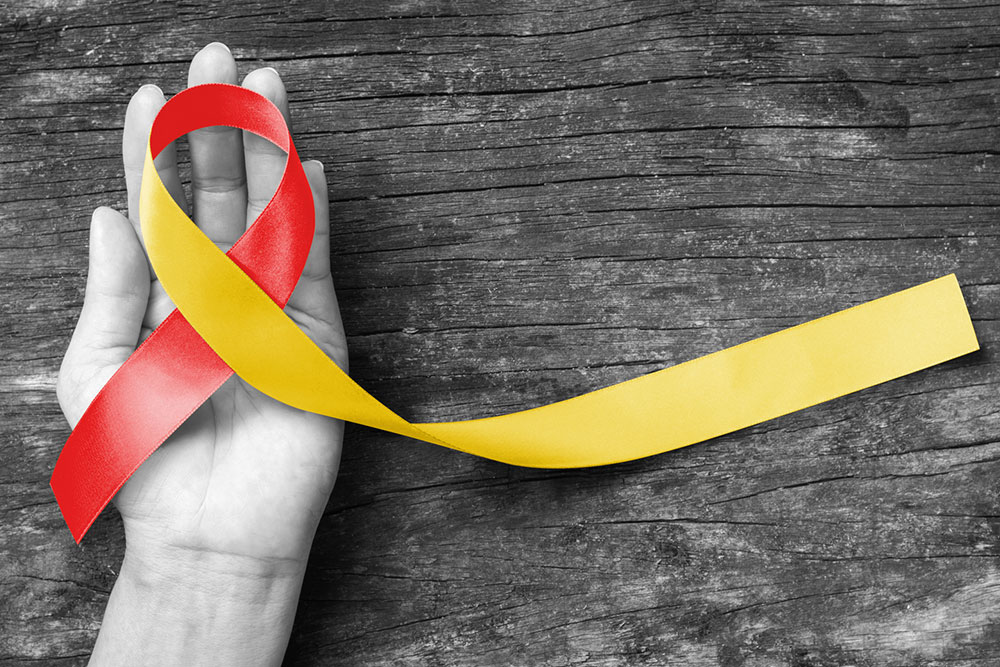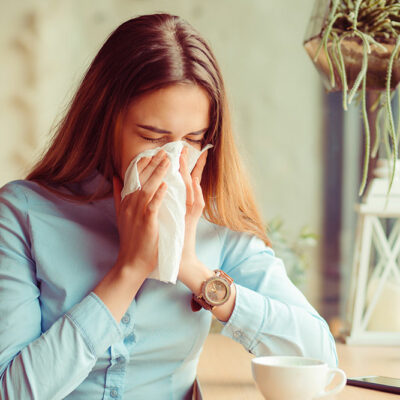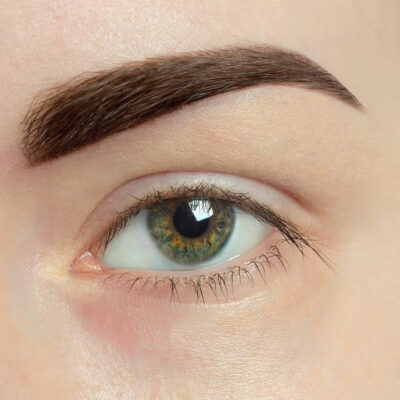
Five early symptoms of HIV in women
Early symptoms of HIV are usually mild and hence, they are mostly ignored. Even though a person is not experiencing any visible symptoms, a person who is HIV positive will continue to pass on the virus to others as well. That’s why it is essential for people to know about their HIV status. Most symptoms that men and women both experience after being diagnosed with HIV are the same. However, not all of them. The common symptoms women experience that should not be overlooked are:
Flu-like symptoms
Most people don’t experience any symptoms in the early weeks after contracting HIV. However, some people may face mild flu-like symptoms like:
- A headache
- Fever
- Swollen lymph glands
- Rash
- Lack of energy
These symptoms generally tend to fade away in a few weeks time. In some cases, it may take even as long as 10 years for the severe symptoms to appear.
Swollen glands
Lymph nodes are located all over the body, including the back of the head, armpits, groin, and neck. As lymph nodes are a part of the immune system, they resist infections by storing immune cells and filtering pathogens. As the condition of HIV progresses, the immune system of the body kicks into the high gear. This leads to swollen glands also known as enlarged lymph nodes. It is usually the first sign of HIV. Swollen glands in people who have HIV may last for months.
Fever and night sweats
Long periods of low-grade fever are experienced by people who have been diagnosed with HIV. A temperature that falls between 9.8°F (37.7°C) to 100.8°F (38.2°C) is known as low-grade fever. The fever is developed because the functioning of the body has been disrupted. However, the cause is not always obvious. People who are unaware of their HIV-positive status usually tend to ignore this symptom. In some cases, night sweats that interfere with the sleep may be accompanied with fever as well.
Infections
HIV makes it difficult for the immune system to fight germs. This makes it easier for opportunistic infections (OIs) to take hold. Some of the common OIs are tuberculosis, pneumonia, and vaginal or oral candidiasis. The most common types of infections in HIV-positive women are yeast infections (a type of candidiasis) and bacterial infections. The treatments of these infections are also difficult. People who have been diagnosed with HIV are prone to infections of the skin, lungs, digestive tract, kidneys, eyes, and brain. HIV also makes it difficult to treat common health conditions like flu as well. Taking precautions like frequently washing hands is helpful in preventing some of the infections and health complications associated with the same.
Skin rashes and skin sores
Most people who have been diagnosed with HIV are observed to experience skin problems. A rash is a common symptom of HIV. There are different types of rashes associated with this condition. The rashes can be a result of any concurrent condition or a symptom of HIV itself. Lesions or sores may also be observed on the skin of the mouth and genitals of the people who have been diagnosed with HIV.


